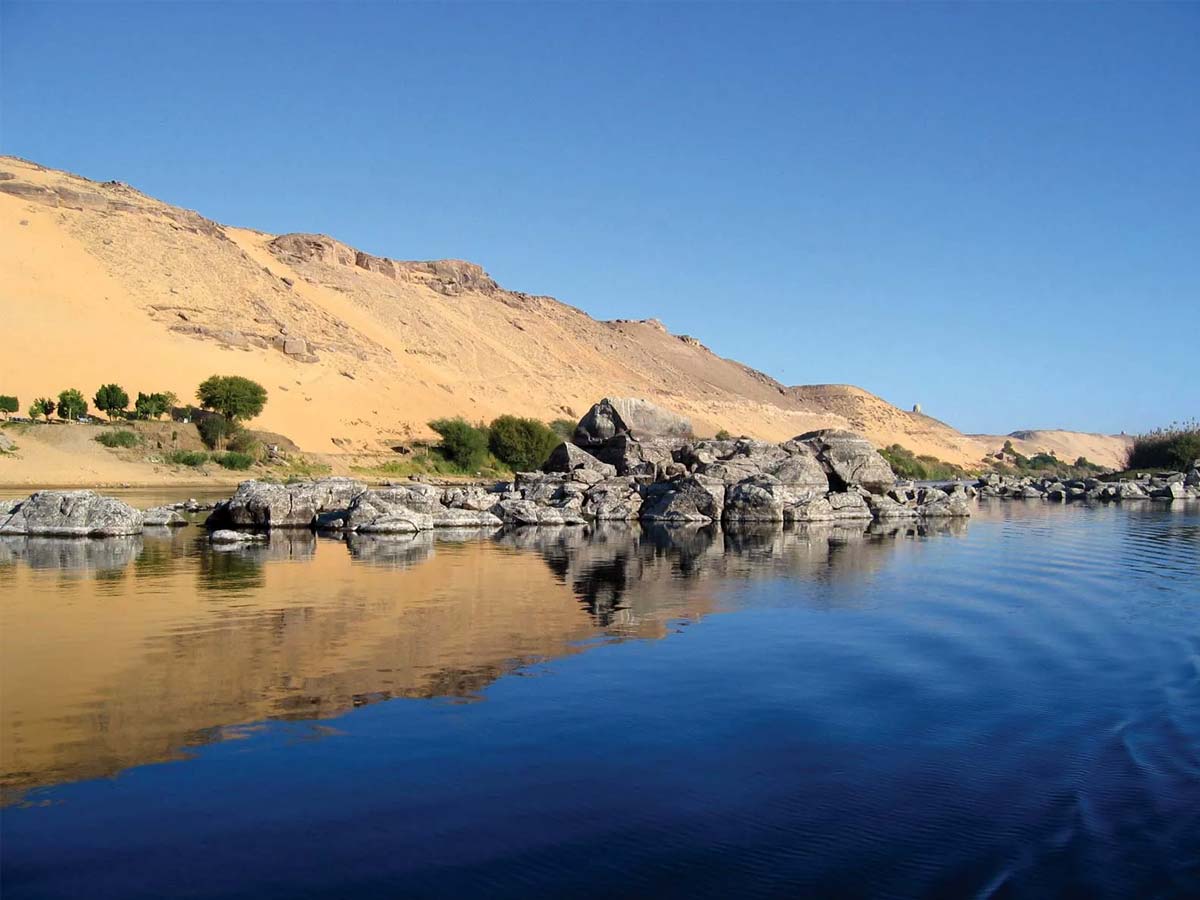The world’s longest rivers have played a significant role in human history. The longest rivers in the world are the “arteries of our planet,” providing access to water and transportation that is essential for life. Even while you might know a few of the names of the world’s ten longest rivers, it’s improbable that you will remember them all. As a result, we are providing a comprehensive list of rivers as well as fascinating information about these waterways.
The River Nile
The River Nile is the longest river in the world, measuring 6,650 kilometers (4,130 miles) in length. Famously, there is disagreement on the Nile’s origin. According to legend, the ‘White Nile’ and ‘Blue Nile’ are the rivers that started this record-breaking river. While the Blue Nile starts in Ethiopia at Lake Tana, the White Nile originates in Tanzania at Lake Victoria.
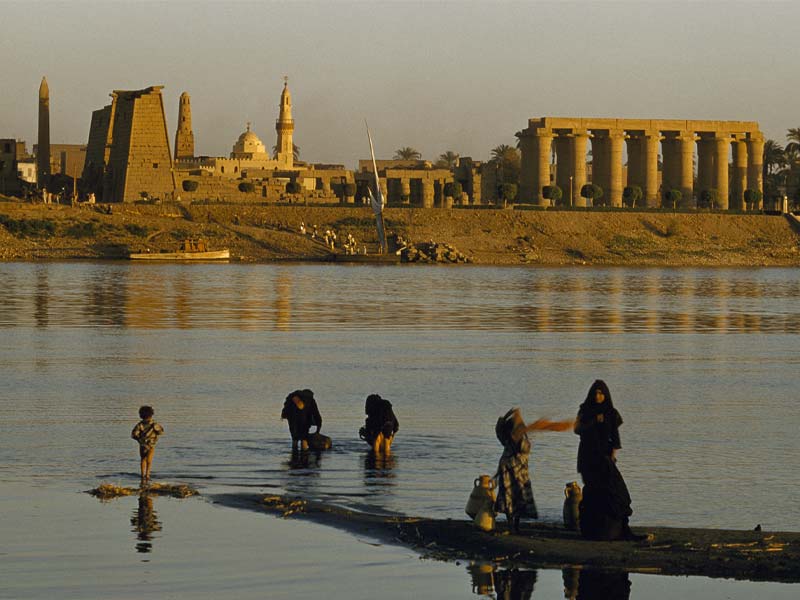
The river travels northward from this point, through much of East Africa its route to Egypt. Indeed, the most well-known and well-liked historical river cruises is the portion of the Nile in Egypt. However, it is impossible to overstate the significance of this river for both people and animals. The annual flooding of the Nile provided Ancient Egyptian agriculture with rich soil.
Amazon
The enduring Amazon River comes in second. The Amazon River, which runs through a large portion of South America, is the lifeblood of the Amazon rainforest, which supports extraordinary biodiversity and pristine ecosystems.
The Amazon River, which originates in the Andes, may not be the longest, but it is the biggest.
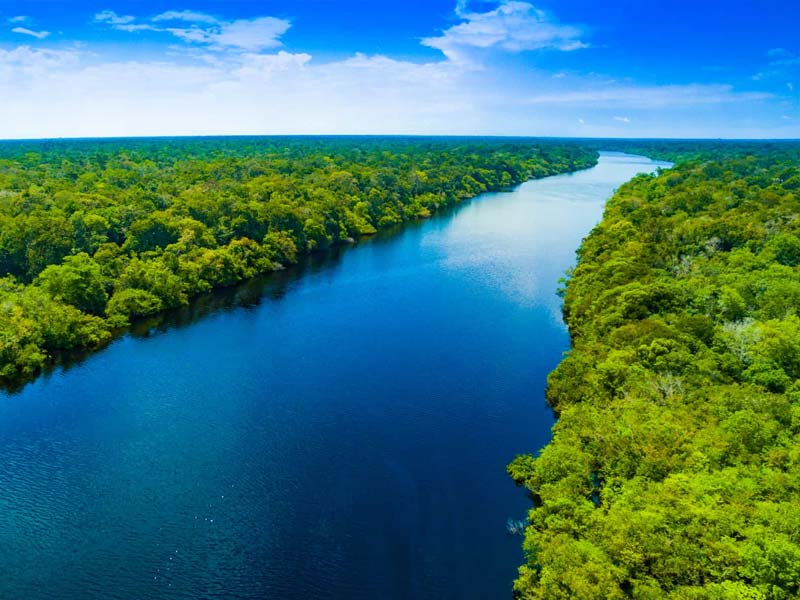
In reality, during the rainy season, it may spread out to a width of up to 190 km and releases almost 209,000 cubic meters of water into the Atlantic Ocean every second! This lengthy river, which is almost 6,400 kilometers (3,976 miles) long, is a well-liked tourism destination. Travelers are invited to experience the natural wealth of the jungle on cruises and boat journeys along the Amazon River.
The Yangtze
The Yangtze, which is the longest river in Asia, flows fully through China. The river continues to be of paramount significance to China’s culture and economy, with 400 million people currently residing along its banks. The Yangtze River runs eastward from its source in the Tibetan Plateau until it reaches the East China Sea close to Shanghai.
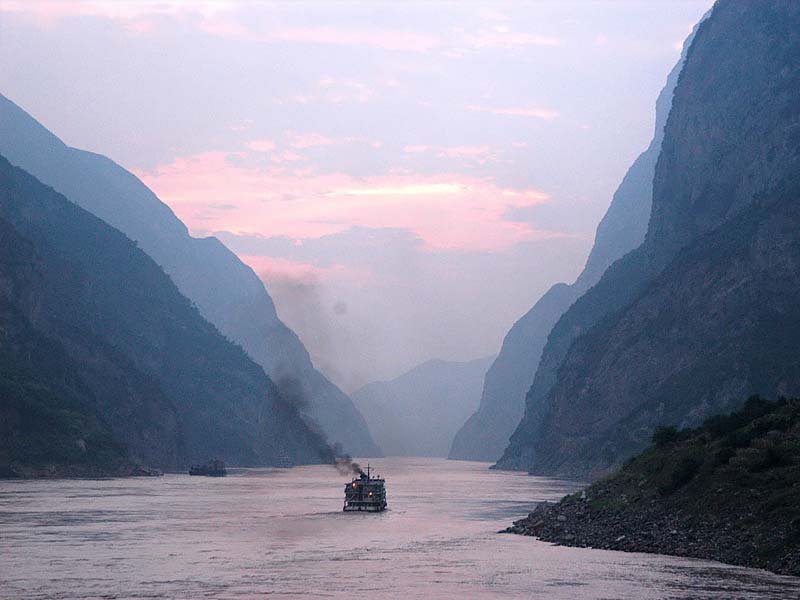
It is among the top 10 longest rivers in the world with a length of 6,300 kilometers (3,917 miles). Additionally, it contributes significantly to China’s tourist industry. It is best to take a river boat in the picturesque Three Gorges region to appreciate this stunning region of China.
The Mississippi
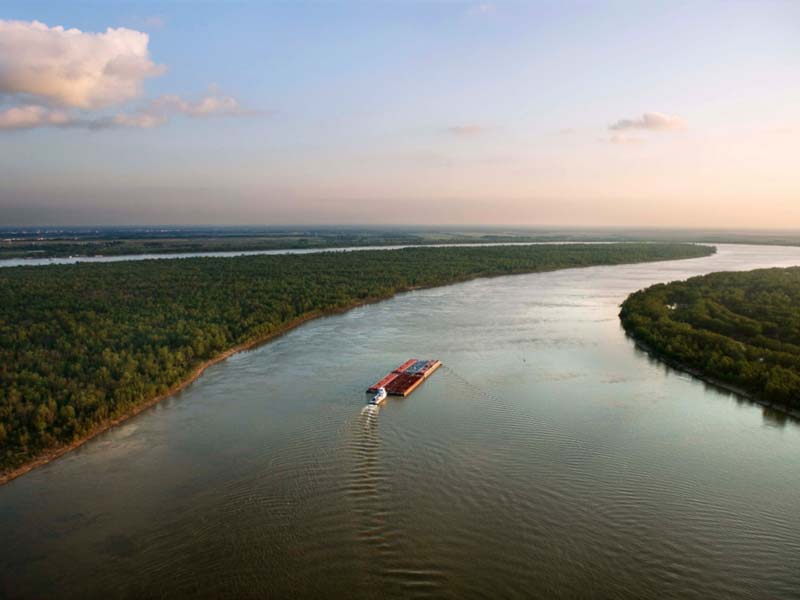
Despite disagreement about its exact length, the Mississippi is typically ranked as the fourth-longest river in the world. The overall length of the Mississippi River, measured from Brower’s Spring in Montana, is 6,275 km (3,902 miles). A diverse array of migratory birds, reptiles, and amphibians are supported by the huge delta’s rich ecology of species.
The Yenisei
One of the ten longest rivers in the world is the Yenisei, a river you may not have heard of previously. The Yenisei River rises from northern Mongolia through Central Siberia to its outflow in the Kara Sea, a section of the Arctic Ocean. Its significance cannot be overstated because many isolated Siberian populations, like the Ket and Yugh people, depend on the river for transportation, food, and power.
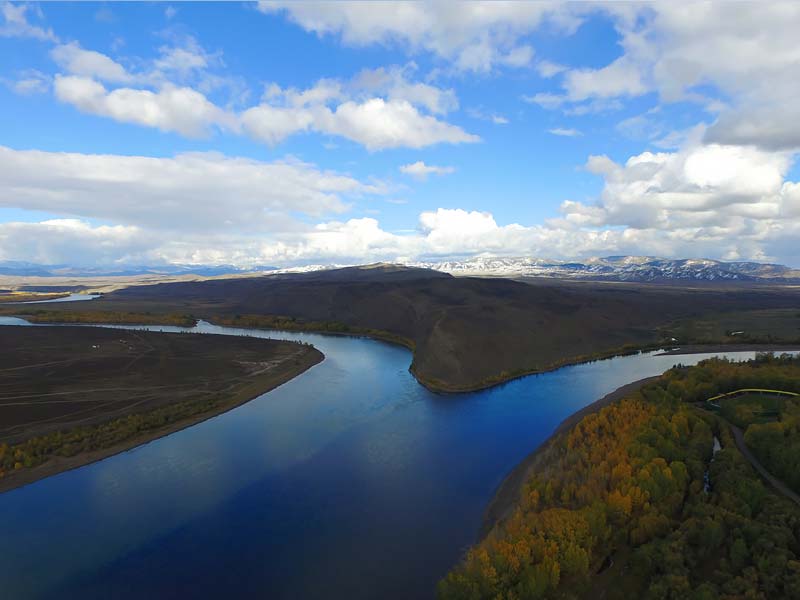
Additionally, during the winter grazing season, its river banks support the biggest reindeer herd in the whole globe. It ranks fifth on our list of the ten longest rivers on the planet with a total length of 5,539 kilometers (3,445 miles).
Also read: The History of Afganistan’s Bamiyan Buddha
The Yellow River
The Yellow River rises in western China’s Bayankala Mountains and runs through nine provinces before draining into the Bohai Sea. It is the sixth-longest river in the world, with a total of 5,464 kilometers (3,395 miles). The river’s waters are heavily silted and have a muddy, yellow appearance, which gives them their name.
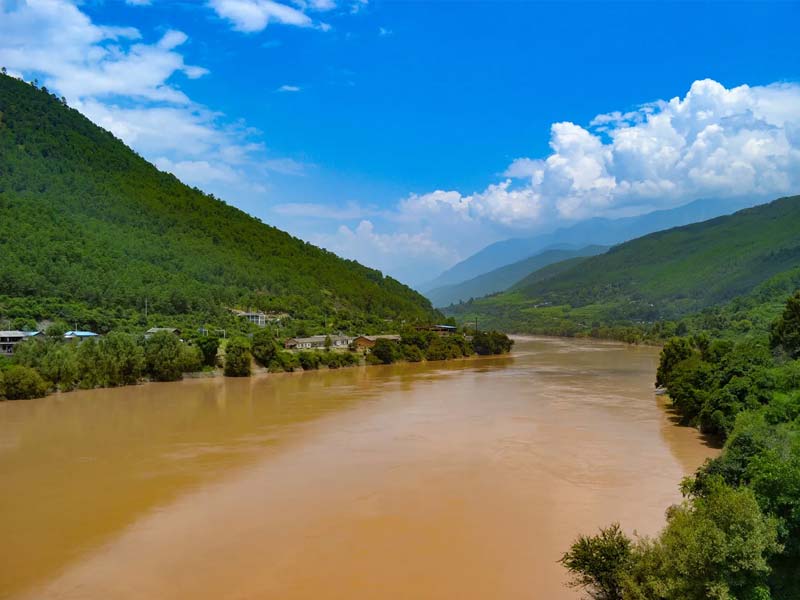
The Yellow River’s history is intriguing. This river and its basin, which is said to be the origin of Chinese culture, have been vital to the economic growth of northern China. However, it has also been a frequent site of natural calamities, with disastrous floods marring the lengthy history of the Yellow River.





















